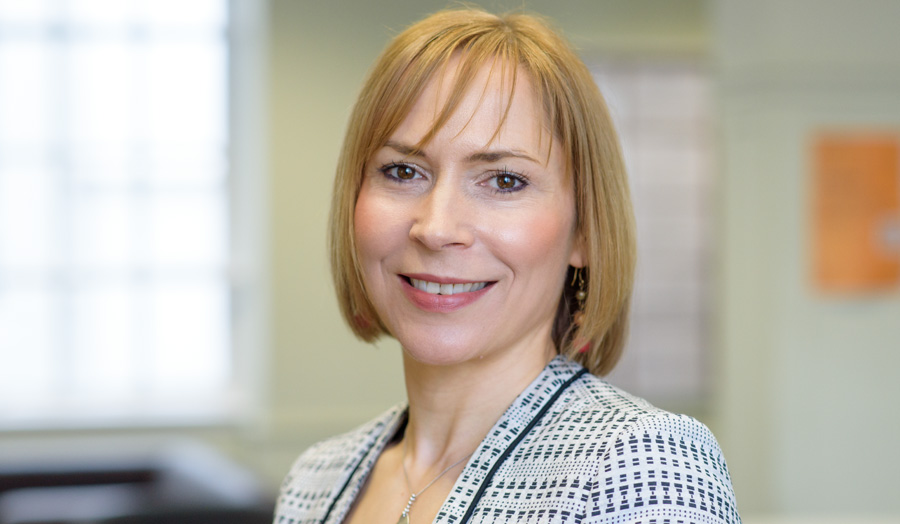London Met's Head of Work-Based Learning, Policy and Practice discusses the determination of students to make positive change, and the importance of value-driven work.
Can you introduce yourself and what you do?
I am Vanessa Airth, known to Ness! I am the Head of Work Based Learning, Policy and Practice. I managed a team who support the almost 70 accredited work placement modules we have along with the two apprenticeships the University runs. I've been at London Met since 2004 and I've had five different jobs in that time, but all connected with placements!
What does 'Empowering London' mean to you?
I think the 'Empowering London' initiative is so important for London Met. All the Six Challenges Empowering London confronts (social wealth; the environment; discrimination; poverty and deprivation and crime) are very relevant to anyone living in a big city, not just London. So it is relevant to many students who come from other cities around the UK and the world. The focus of Empowering London aligns with London Met's mission and allows us to be able to help even more local not-for-profit organisations that improve people's lives. What is not to like!
Why is it good for students to engage with their local communities? Why is it good for communities to engage with students?
Getting involved in the local communities helps students get employment experience by putting what they've learnt in their studies into practice. Additionally, the experience can be very beneficial as the organisations are really in need of support and students are able to be really hands on, be creative and undertake tasks that have a real impact. Communities benefit from getting fresh ideas and support at busy times or for special projects.
What are some of the highlights you've seen in the first year of the Empowering London Module?
In this first year of this new Work Based Learning module running, it was wonderful to hear students' determination to make positive changes in society and undertake work that aligns with their values. I was inspired to hear of the jobs students were doing, such as: tackling food insecurity by providing meals to those who need it, analysing data on domestic violence to help provide prevention solutions and helping struggling small businesses to find different ways of selling products during lockdown.

